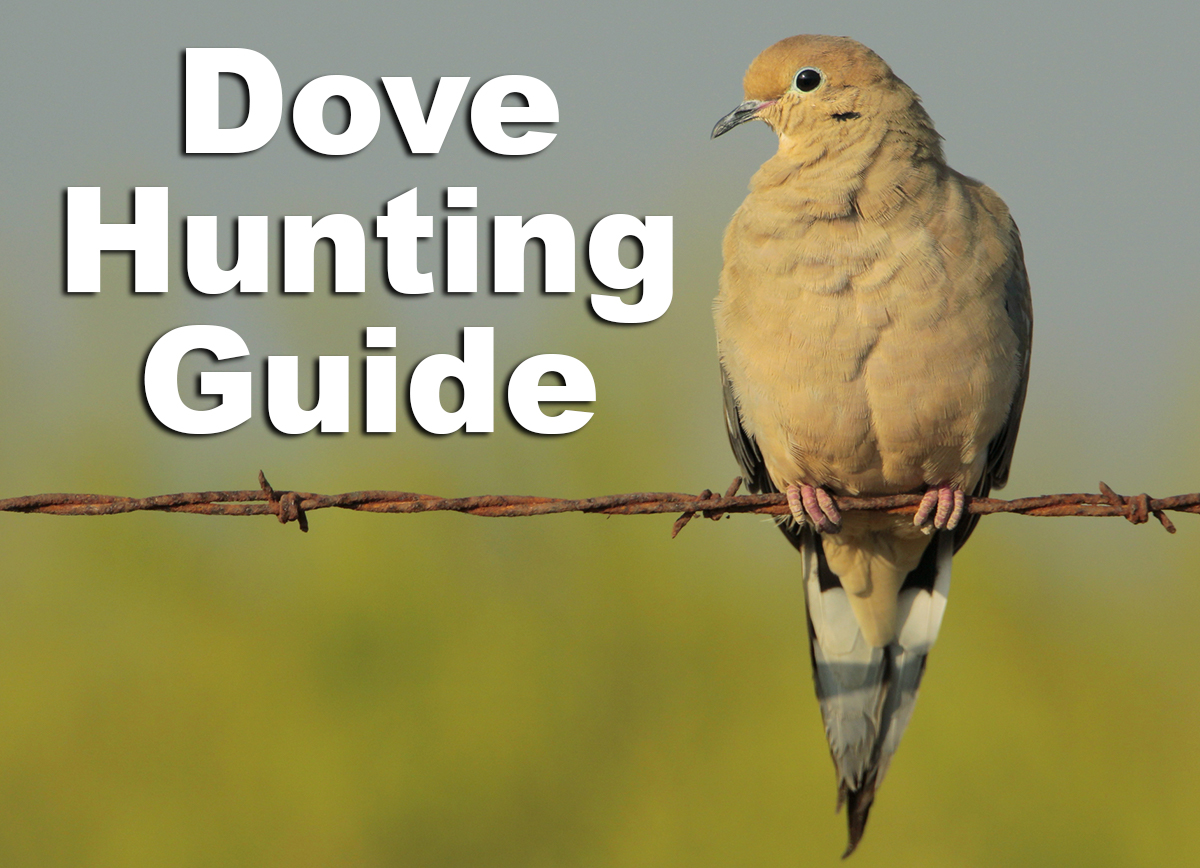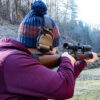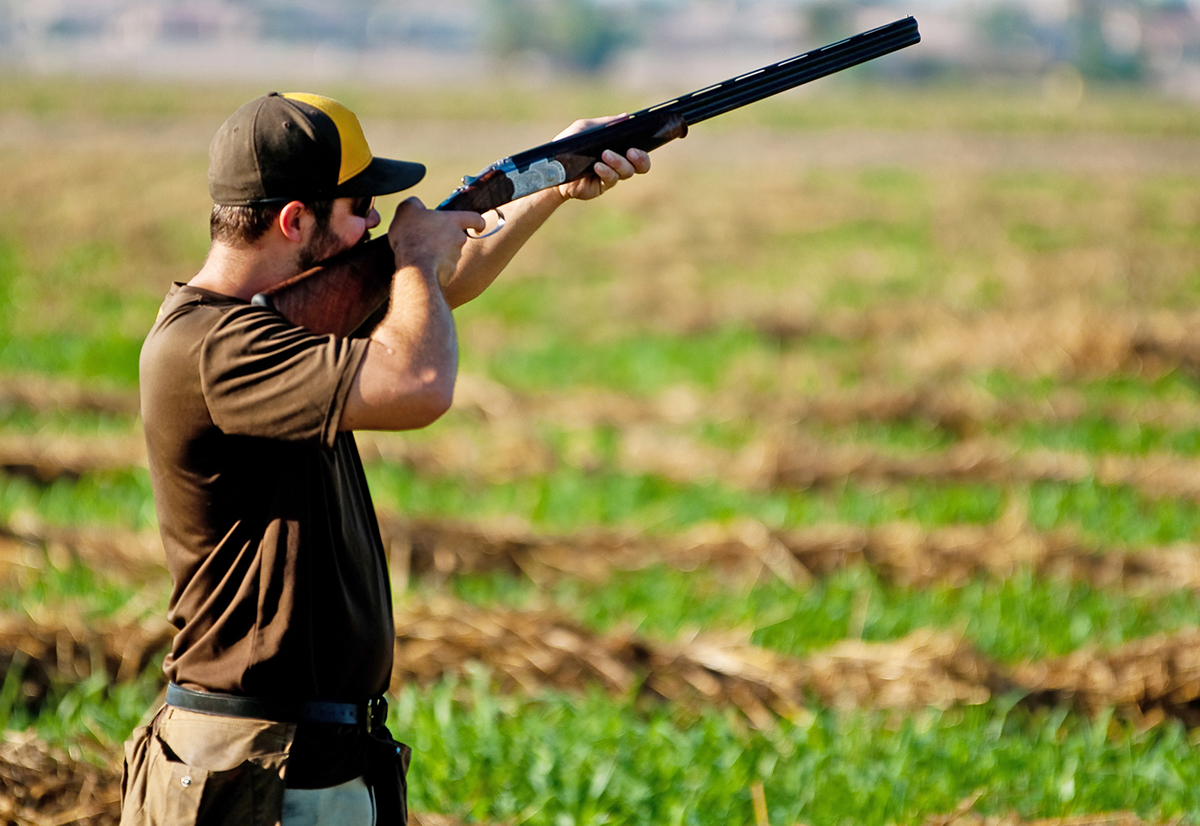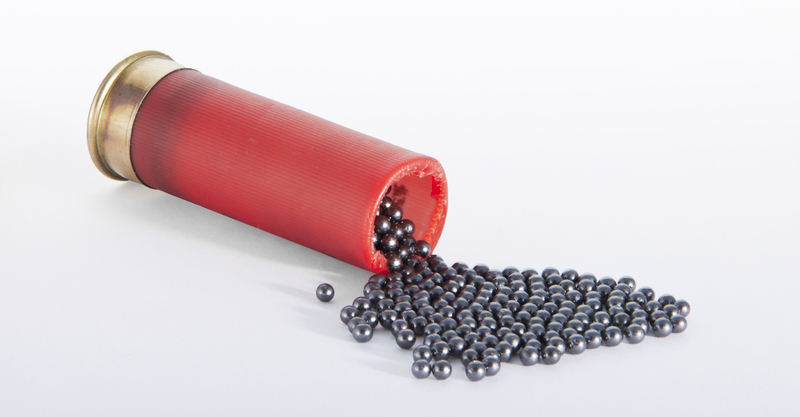A look at the basics of dove hunting – we’ll let you know what you need to get out and take a shot at some game in your first dove hunt.
If you are looking for an active, rewarding hunt, one that can start your fall hunting seasons on an exciting note, perhaps it’s time to try dove hunting.
Dove hunting is available in almost every state. It’s a great way to practice your shooting skills while enjoying a rapid-paced hunting experience.
Dove Hunting for Beginners
First Stop: State Game and Recreation Website
Before you begin dove hunting, your first stop should be to the website of your state’s game and fish authority. Check for regulations, dates, bag limits, shot restrictions (non-toxic, for example), and other factors that will impact your hunt. This is an essential first step. You don’t want to buy ammunition that can’t be used on your chosen hunting ground or discover that the season starts later than you expected.
When is Dove Season?
If you are looking for a sport that helps prepare your shooting skills, gets you in a hunter’s mindset, and keeps you occupied until deer season, dove is a great choice. If you are an avid pheasant hunter, it’s an especially strong choice, as it usually starts a month or two before pheasant season, allowing you to fine-tune your shooting.
In many states, dove season starts in early September. In Nebraska, for example, the 2020 season started September 1st and went until October 30th. This give hunters nearly two whole months of dove-hunting opportunity. In Alabama, the season appears to be a bit more complicated; hunters in this state have to sort through various split seasons that vary by region, but they generally start in September and stagger until early January, providing over four months of dove hunting.
Regardless of the specific dates, most dove hunting is done from September to October, although many states have seasons lasting until January.
Gear You’ll Need to Dove Hunt
You can get away with basic clothing for dove hunting. You’ll want comfortable boots for trudging around in the field or woods but you don’t have to break the bank. A flannel shirt and pair of jeans is perfectly acceptable. Of course, if you find yourself hunting often, you’ll probably splurge on some more specialized gear. We’re talking shirts with pockets for carrying game and shells, etc. They’re nice to have but when you’re just getting started, not absolutely necessary.
Types of Firearms Used for Dove Hunting
What should you use for dove hunting? In simple terms, a shotgun. In fact, just about any shotgun you have on hand could be a viable dove-hunting tool as long as you select the right load. (More on loads below.)
Most dove hunting is done with a 12-gauge shotgun. This is because most people have a 12-gauge shotgun, and because these firearms provide the right balance of power and manageability. (Which is why so many people have them!) However, a 20 gauge, and even a 28 gauge, is a perfectly suitable shotgun size, as these nimble birds rarely require excessive power.
Most will use either a pump action or a semi-automatic. When flocks of birds come flying overhead, you need to be ready to make multiple shots in rapid order, so many dover hunters prefer the convenience of a semi-auto. A pump action will do the trick, but you may not get off as many shots unless you are highly skilled and experienced. A two-shot breach loader, such as an over-under or side-by-side, may not provide the shot capacity needed for dove, although they would work if it’s the only shotgun available.
What Shot is Appropriate for Dove Hunting
Once you have selected an appropriate shotgun for dove hunting, you’ll need to purchase the right ammunition. For shotguns, this means selecting the right shot size, although shell length is also a factor.
Doves are not the toughest birds you’ll hunt. They can be nimble and hard to hit, but generally an impact with the smallest birdshot sizes will send them to the ground. They don’t have the densely-packed feathers like turkey, pheasant, or duck, so smaller pellets can penetrate down to vital organs.
Most dove hunting, therefore, is done with shells packed with #7 to #8 shot. This gives a dense pattern of smaller shots, allowing hunters to drop the game birds in flight without destroying the limited amount of meat on each dove.
Can You Go Bigger?
There are some dove hunters who prefer a larger shot size. #6 or #5 shot, which is slightly larger, gives more power and an effective range, so if you expect to fire at doves at a greater distance, you may want to up the size. Some even use #4 shot for their dove hunting. With #4, there is still enough pellets for an effective knock-down while allowing you to maintain longer range.
Shell length is usually 2.75 inches, a fairly standard shot length for 12 gauges. If you are comfortable with the added power, you can certainly use a 3-inch shell, but most will prefer shorter shells, even 2.5 inches, as this is a little easier on your shoulder. A good dove hunt will, after all, bring dozens of shots; a lighter load is usually preferred.
What About the Choke?
The right choke for dove hunting depends on the distance you expect to be shooting. Most dove hunters will find that an improved cylinder is a good choice. It will provide a balance between a tight pattern and a wide spread, improving your chances of success. That said, modified chokes are also found among dove hunters.
Doves are fast and agile flyers but can be dropped with only a few small pellets, so most hunters emphasize a wide spread over a tight pattern.
Dove Hunting Tips and Strategies
How to Find Dove
Most dove hunting is a sit-and-wait game, closely resembling duck or goose hunting, where you choose a position, set up decoys, and try to bring the dove to you. This is different than, say, pheasant hunting, where hunters actively walk the fields trying to kick up birds.
Decoys are almost always used in dove hunting, and some hunters will also attract doves using a call. Similar to duck calls (although using a much different rhythm and pitch), these tools create an audible sound that entices nearby doves.
Finding areas with plentiful food sources is critical. Sunflower field, crop lands, and other areas with bountiful bird food are the best choices. Many dover hunters try to position themselves between the food and the water so they are right under a flock’s flight pattern. Another strategy is to place yourself between the food (or water) and the flock’s roost. This strategy, however, is best in the mornings or evenings, catching the birds as the dove leave for the day or return for the night.
Do You Need A Dog?
Most dove hunting is not done with a dog, but a properly trained retriever can certainly add to a hunt, especially if hunting near ponds and lakes. It can also reduce the chances of losing a dropped bird.
Selecting the right clothing is critical for dove hunting. For this hunt, most will wear camouflage, although light tan, khaki, brown, green colors are perfectly acceptable. Hunter orange is usually optional, although many prefer to wear some orange as a safety precaution when on a group hunt. White and other bright colors should be avoided as they can scare away the birds.
Different Dove Species
While regulations vary, there are usually three legal species of dove available for hunting: mourning, white-winged, and Eurasian-collared doves.
Generally, dove hunting season will allow for hunting all three of these simultaneously, although it’s important that you are able to identify the birds. Identification can be tough, especially on a flying bird, but bag limits in most states will include all three species.
Essentially, it’s most important that you are able to identify dove species that you can’t shoot as opposed to spotting the difference between mourning and Eurasian-collared doves, which both have a grey tone and similar size.
Find Affordable Dove-Hunting Loads Here
If you are looking for high-quality dove hunting ammunition at a price that fits your budget, look no further than ammotogo.com. We have a full line-up of in-stock 12 gauge ammo as well as 20 gauge shells and other shotgun rounds. You’ll get world-class rounds from the top manufacturers, all at a price that won’t empty your wallet.
Visit our site today and let us help you find the perfect rounds for all your favorite shooting sports!



